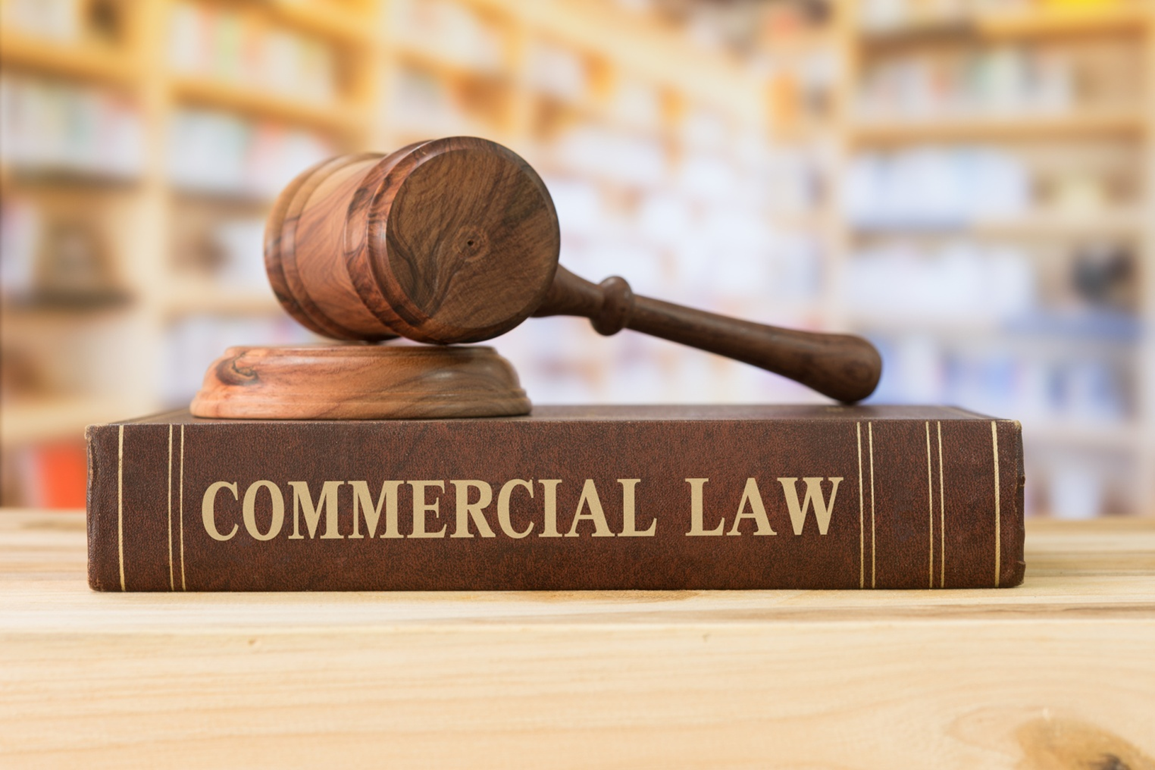In the United States alone, over 100 million cases get filed in state trial courts each year. That’s on top of the estimated 400,000 cases filed with the federal courts. The majority of these are civil cases, including business and commercial litigation cases.
Regardless of where in the world you are, so long as you own a business, it’s a must to know what these cases are. It’s also vital to understand your risk of getting entangled in a commercial lawsuit.
To that end, we created this guide covering what you need to know about commercial litigation. Read on as you can use this knowledge to minimize your odds of getting served in the first place.
What Is Commercial Litigation?
Commercial litigation, also known as business litigation, is a form of civil litigation. Civil litigation, in turn, involves two or more parties in a legal dispute or disagreement. Civil cases don’t include criminal accusations, setting them apart from criminal litigation.
For a civil case to fall under commercial litigation, one or more parties involved must be a business. The involved firms can either be the plaintiffs or the defendants.
A plaintiff is a person or an entity (such as a business) suing another party in any legal case. The party getting sued, in turn, is the defendant.
In some cases, the plaintiffs are clients or employees of the companies getting sued. However, a plaintiff can also be a company suing clients or employees. They can also be organizations suing another organization or entity.
What Are Common Types of Commercial Litigation Cases?
Breach of contract, discrimination, and personal injury cases are among the most common. Insider threats and corporate espionage also often result in business litigation. There’s also cybersecurity liability, a recent addition to this long list of disputes.
Breach of Contract
A breach of contract is a violation of any term or condition agreed upon with a binding contract. For example, it can happen if one party who signed the agreement fails to deliver on an agreement. The breach itself can also take the form of a minor or a material breach.
An example of a minor breach is when one party fails to deliver a good or service on the agreed-upon time. In such cases, the involved parties often opt for an out-of-court dispute resolution.
For instance, suppose you ordered items online, and the store agrees to deliver them the next day. However, they didn’t, and instead, delivered it the following day. In this case, the store breached the delivery date term of the contract.
The store may then give you a sizeable discount or a voucher for new orders to compensate for their failure.
A material breach can occur if an entity delivers the wrong products or services. For example, let’s say you buy 30 trays of eggs for your bakeshop, but the supplier sends 30 kilos of flour instead. As a result, your own store suffered downtime since you had to look for another egg supplier.
Depending on how big the damages are, you may still choose to resolve the issue with the supplier out of court. However, if the breach of contract led to severe losses on your part, you have the right to sue the other party.
Discrimination and Segregation Cases
In the US, more than a dozen anti-discriminatory and anti-segregation laws are in place. Some, such as the Title VII of the Civil Rights Act (1964), are laws enforced in workplaces. Others, such as the Fair Housing Act, protect consumers against discrimination.
Businesses that break these laws can find themselves facing discrimination legal cases. An example is when an employer rejects a job application from a member of the LGBTQ+ community. In this case, the company may get sued for discrimination against sexual orientation.
Personal Injury Cases
In commercial litigation, personal injury cases can arise from worker injury. This is especially true for US employers who opt-out of workers’ compensation coverage. Such employers may face a lawsuit if it’s their negligence that caused the worker’s injury.
A personal injury case against a business can also arise from premises accidents. For example, a customer who slips and falls due to a wet spot on the floor of a store may sue the shop for negligence. The shop may be negligent because they failed to clean the floor before an accident occurred.
Parties involved in personal injury lawsuits may resolve the matter out of court. However, if the injuries are severe, defendants should hire commercial litigation specialists.
Otherwise, the defendants are likely to end up paying compensatory and punitive damages. This can then result in the sued companies facing a severe financial crisis. They may even lose all their assets and close their business for good.
Corporate Espionage Cases
Corporate espionage, also known as corporate spying, is espionage within the commercial sector. In many cases, the “spy” is a competitor of the business. Spies may do this for financial gain, trade secret theft, or to ruin competitors.
In other cases, the spy may be unhappy or disgruntled workers. As a result, they may commit espionage for their own gain or as a form of retaliation. Such acts are examples of insider threats.
If you think your business is a spy victim, you should hire a commercial litigation attorney ASAP. This way, your lawyer can gather evidence and witness testimonies against the spy. You can also expect the litigation expert to build a case against the spying company itself.
Cybersecurity Liability Cases
Experts project that cybercrime would cost the world $10.5 trillion each year by 2025. If this comes to pass, it will signify a whopping $7.5 trillion increase from 2015.
So, it’s no wonder that some places worldwide now have cybercrime liability laws in place.
One example is New York’s Stop Hacks and Improve Electronic Data Security (SHIELD) Act. It applies to all businesses that store the private digital data of NY residents. The law mandates organizations to meet data security standards.
The NY Attorney General can take action against businesses that violate the Act.
Avoid Business Complications by Understanding Commercial Law
Even if you only own a small business, you’re still at risk of facing commercial litigation. That’s why it’s vital to understand commercial law basics to know what risks you may be dealing with. Better yet, hire a business lawyer who will help prevent you from getting sued and losing your assets.
Interested in other ways to protect and expand your assets, business, and finances? If so, then feel free to browse our collection of informative news and blog posts!

